Forget what Garfield the Cat has conditioned us to believe. Fat cats are actually not a good thing! According to a recent study out of the University of Guelph in Ontario, Canada, it proves that fat cats are becoming more common in today’s society.
And the increase of feline obesity each year is only growing.
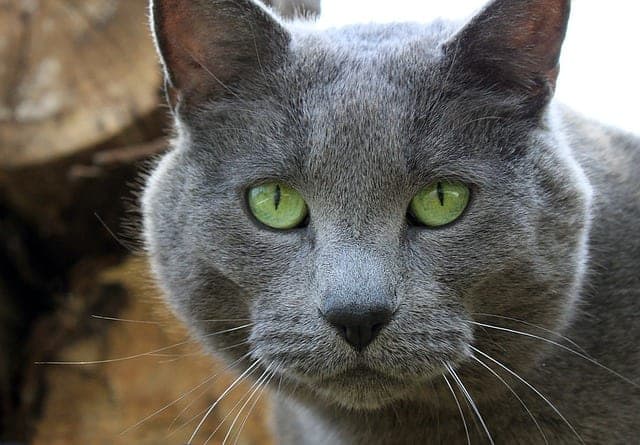
I mean, think about it. How much of your relationship with your cat revolves around their eating habits…and demands around when they will eat, what they will eat, and how much of it? That’s certainly some food for thought, no pun intended…
Sure, we agree, fat cats are cute. But that cuteness is quickly overshadowed. Allowing a cat to become obese, directly affects their healthy and overall quality of life. It should certainly be avoided.
We don’t need a study to tell us that. But hopefully this will open the eyes of cat owners across the globe, so that feline obesity is no longer an epidemic.
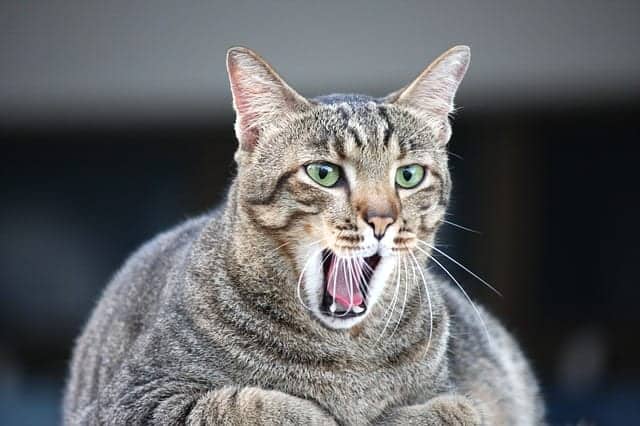
How The Study Was Conducted And The Findings…
It is certainly true that a neutered cat is prone to putting on more weight if their activity levels dwindle. But this study shows that cats are steadily gaining weight well into adulthood as a whole. As a result, your neutered, domesticated cats’ weight has increased over the past 20 years.
The recent study was published online via AVMA journal. And the findings clearly indicate that cats are getting chubbier as the years progress. (Which in reality, doesn’t come as a shock. Think about the rising increase in human obesity that we are all well-aware of.)
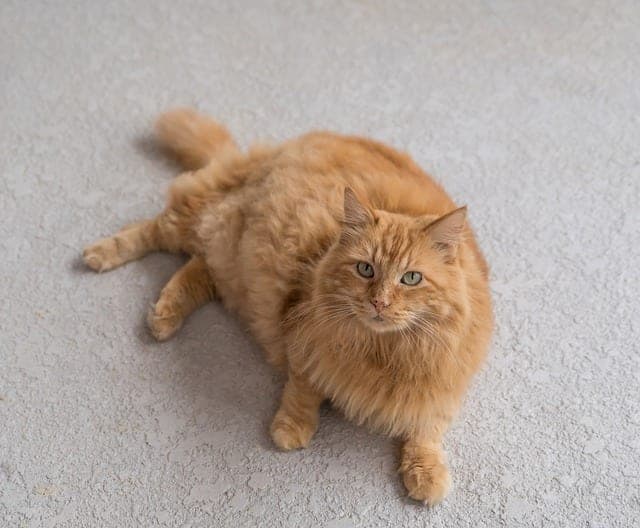
To conduct their research, University of Guelph researchers developed a groundbreaking study. This gave them direct access data on more than 19 million cats! They then used this to get a picture of typical weight gain and loss over their lifetimes. The authors then cross-analyzed 54 million weight measurements; whoa! This produced a baseline of information into what a healthy cat’s weight should be throughout their life cycle.
Many of us have assumed that cats stop gaining weight once they reach maturity.
However, this study uncovered the truth. On average, they are slowly but steadily gaining weight until they reach eight years of age.
As humans, we know we need to strive to maintain a healthy weight, but for cats, there has not been a clear definition of what that is. We simply didn’t have the data,” says Professor Theresa Bernardo in a statement related to the research. “Establishing the pattern of cat weights over their lifetimes provides us with important clues about their health.
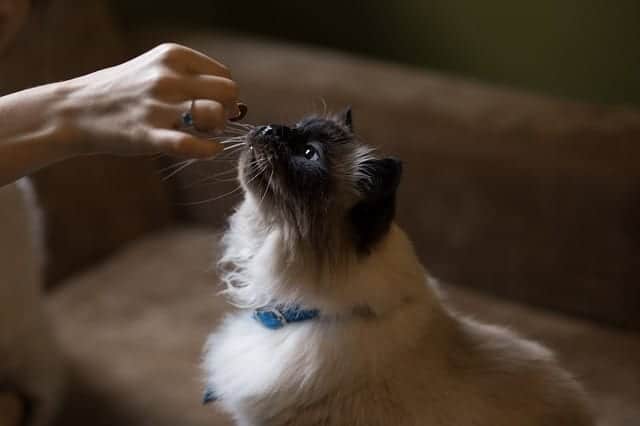
Other key points of the weight study include:
- More times than not, male cats will reach higher overall weights than their female counterparts. The spayed/neutered cats pack on the most pounds over the course of their lifetime.
- Among the four most common purebreds (Maine Coon, Siamese, Himalayan, and Persian) these cats will reach their heaviest weights from 6-10 years of age.
- Other breeds of cats (purebreds not listed above included), typically reach their heaviest weight at eight years of age.
But the biggest finding of all was this:
The average weight of an eight-year old neutered domestic cat rose by just over half a pound between 1995 and 2005. This has remained steady through 2015. So no, “fat cats” aren’t just becoming the norm.

The lead author of the study, Adam Campigotto, had much to say in regards to these findings. And most importantly, he hopes that cat owners will acknowledge these realities and become proactive concerning their cat’s weight.
It might not seem like much, but half a pound is still a significant amount for a cat. We do have concerns with obesity in middle age, because we know that can lead to diseases for cats. Such as diabetes, heart disease, osteoarthritis and cancer. Cats tend to be overlooked because they hide their health problems and they don’t see a vet as often as dogs do. One of our goals is to understand this, so that we can see if there are interventions that can provide more years of healthy life to cats.

Due to the awareness made present from these findings, the study’s authors are already in talks to begin additional studies.
The hope is that these will help to reduce weight gain in cats.
And for those of you wondering how to control mealtimes in a multi cat household? In our home, we use automatic feeders since supplements and specialty foods are required for our clowder. SureFeed automatic feeders are a great way to monitor your cat’s eating habits, and as their motto states, they are “the smarter way to feed your pets.”
Aside from this, remember, your cat needs exercise, even if you don’t think they do! The best forms of exercise will stimulate both their minds and their bodies, so engage with them in play to help keep obesity at bay.
If you’d like to read the study in its entirety, you can do so on the Journal of the American Veterinary Medical Association website.
REMEMBER: ADOPT, DON’T SHOP, MICROCHIP YOUR PETS & SPAY AND NEUTER!
Related Story: (New Update!) Dieting Fat Cat Losing Weight Successfully But Can’t Find Her Forever Home; Returned To Shelter for 4th Time! Related Story: 41 Pound Cat Looks To Slim Down And Land Furever Home
Related Story: 41 Pound Cat Looks To Slim Down And Land Furever Home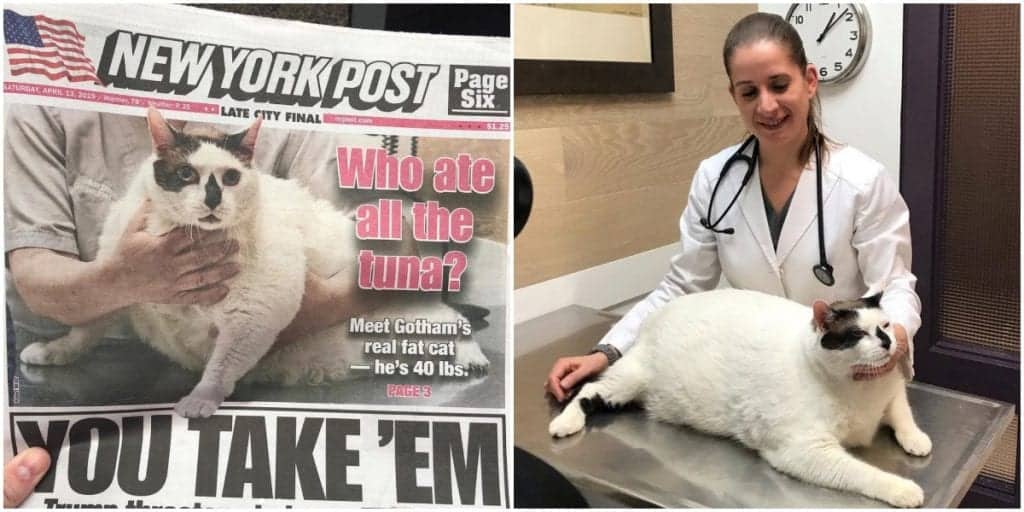


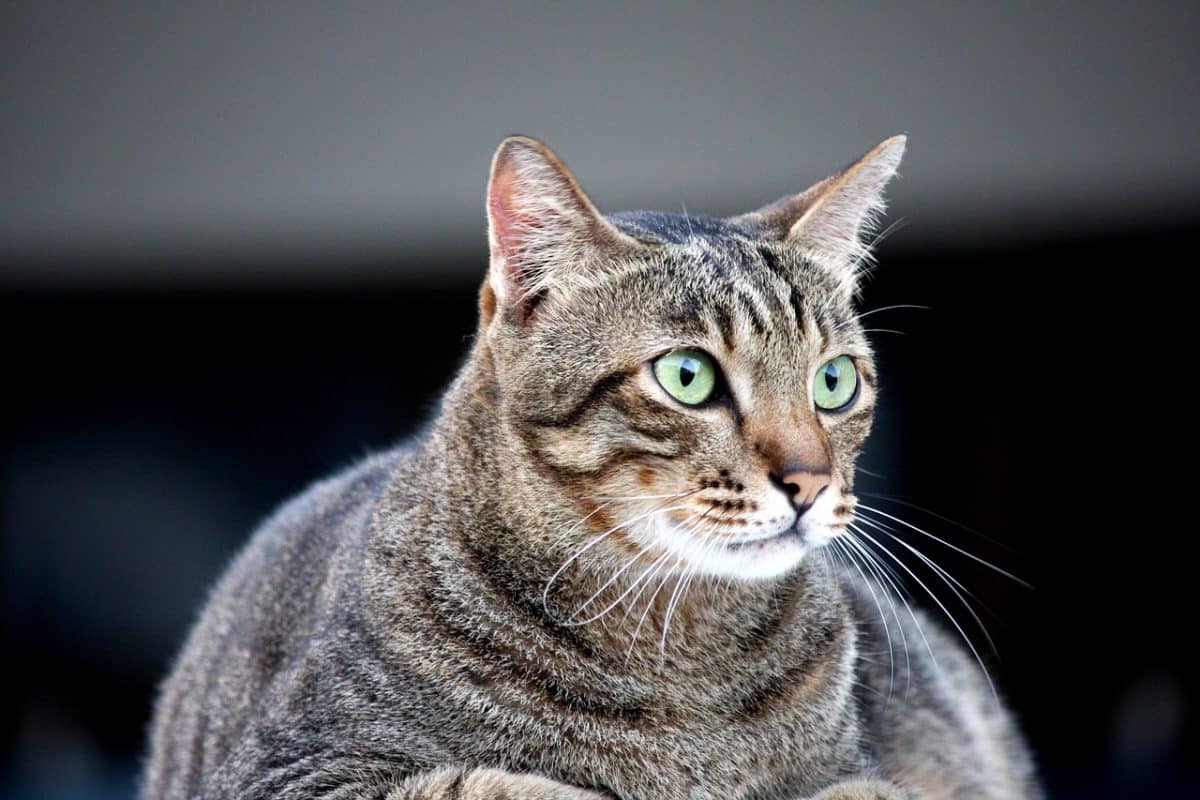
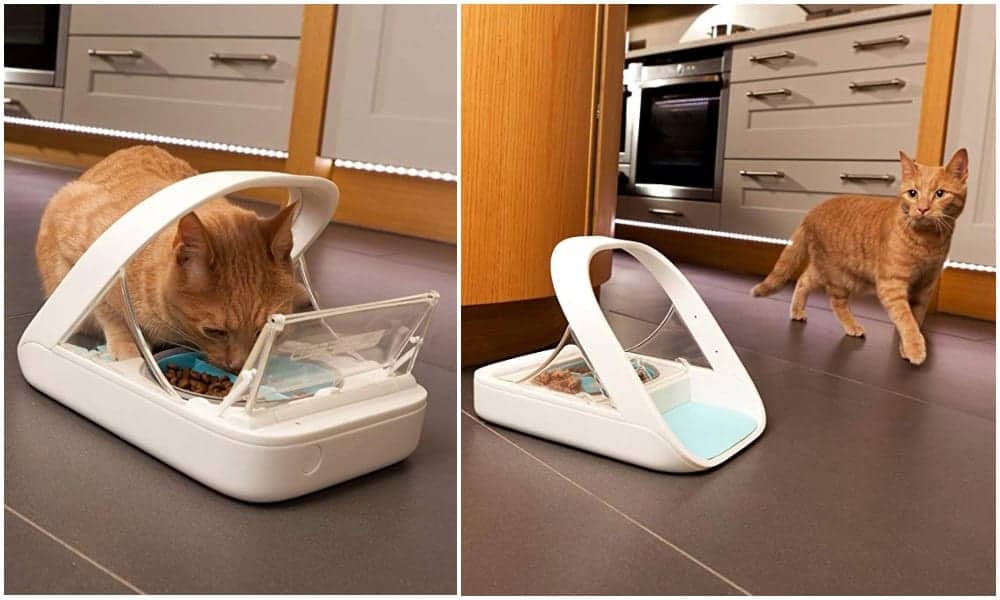
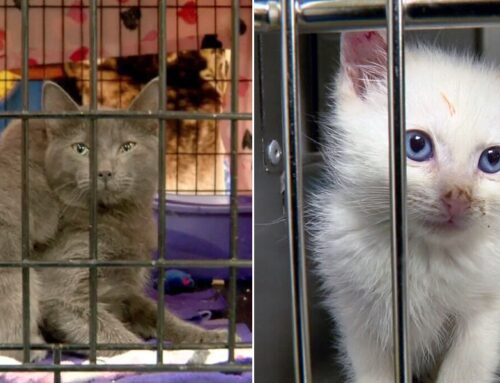
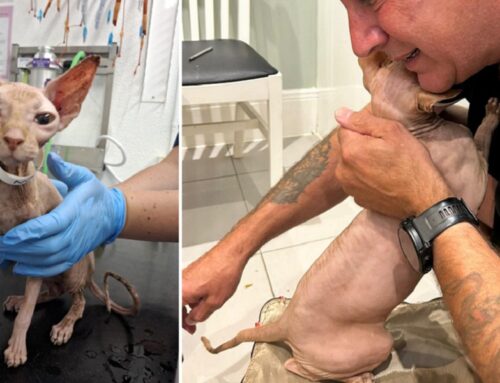
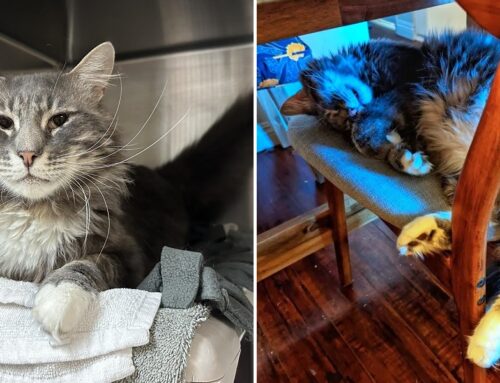
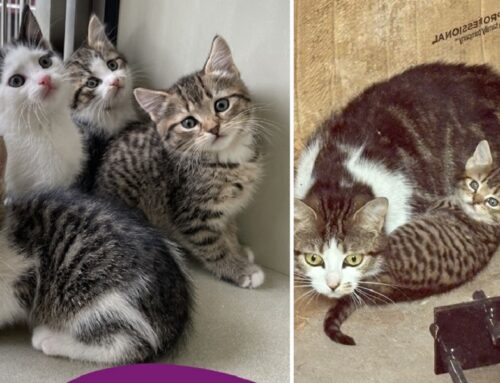
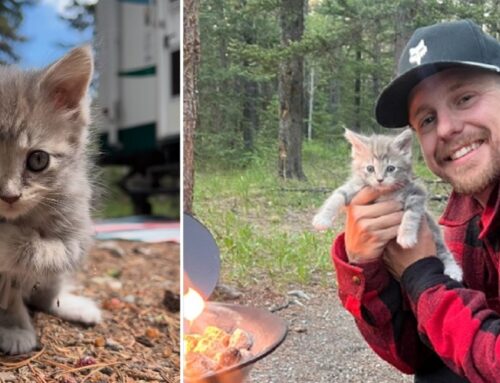

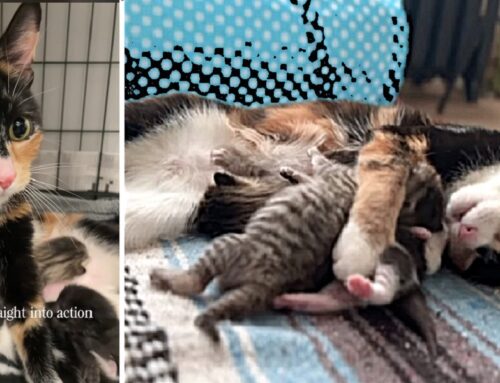

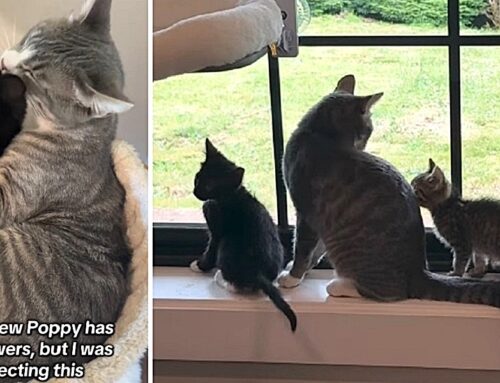

How about focusing on the pet food companies? If they aren’t willing to list the percentage of carbs in their food, they are obviously too high! Too much unnecessary stuff in pet foods & they promote their sales to owners not what is best for the animals.
“SureFeed automatic feeders are a great way to monitor your cat’s eating habits.” Yeah, if you’re RICH! I can’t AFFORD $180.00 for a feeding dish! My gosh! Good thing MY cat doesn’t have a weight problem!